Find Help
More Items From Ergsy search
-
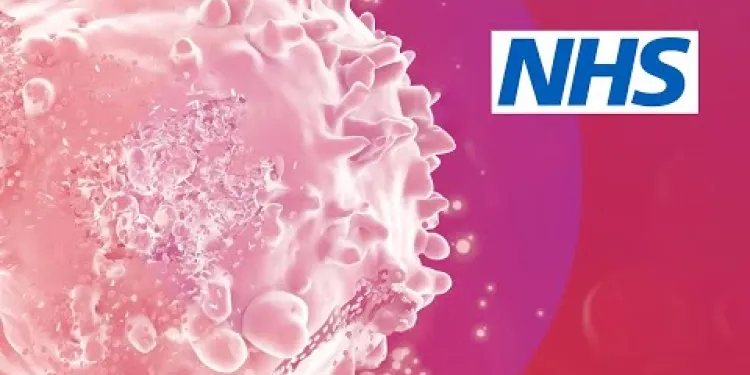
Leukaemia: What are the signs and symptoms? | NHS
Relevance: 100%
-

An Interview With JC About His Leukemia And His Leukemia Treatment
Relevance: 62%
-
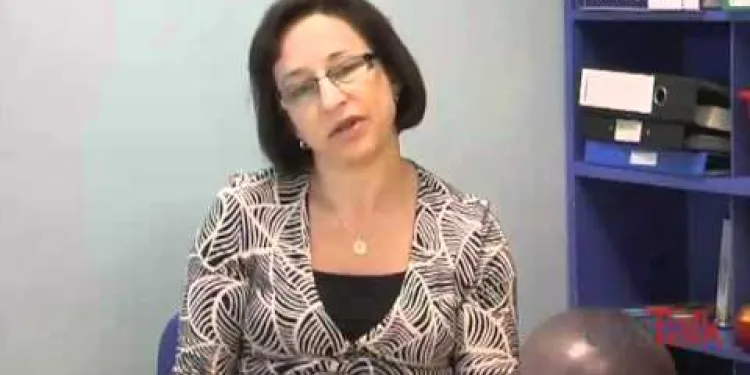
Dyspraxia Symptoms & Signs
Relevance: 41%
-
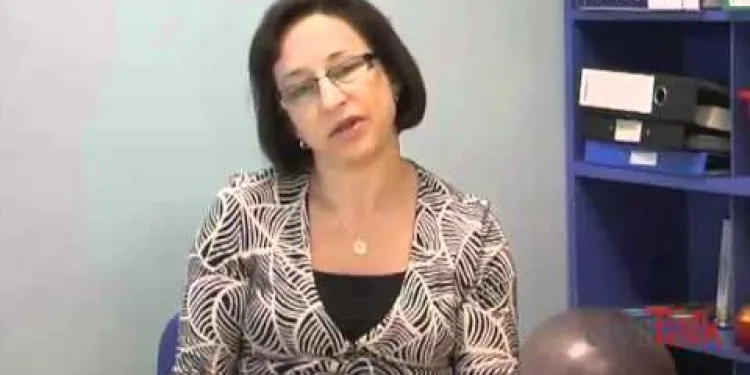
Dyspraxia Symptoms & Signs
Relevance: 40%
-
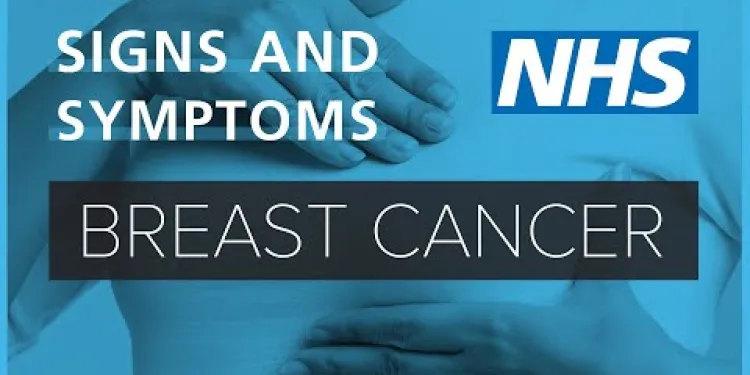
About Breast cancer - signs and symptoms | NHS
Relevance: 38%
-

An Introduction to Decompression Illness: Signs & Symptoms”. Dr Roland Armes
Relevance: 36%
-

Bowel cancer - Symptoms and signs to look out for
Relevance: 35%
-
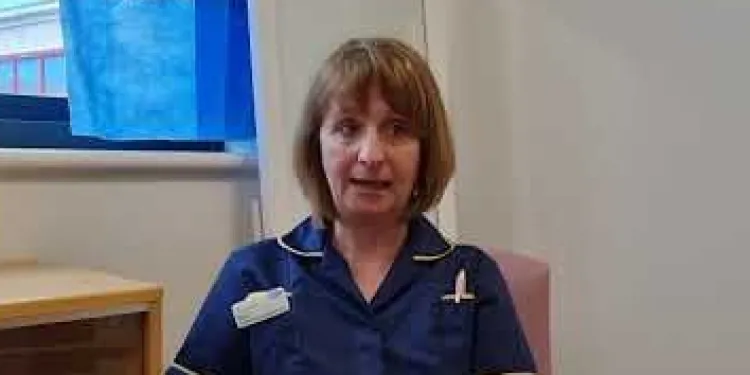
Ovarian cancer - signs and symptoms to look out for
Relevance: 35%
-
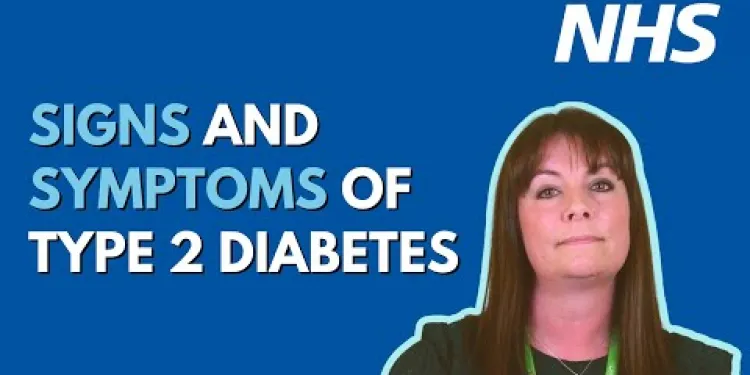
Type 2 diabetes - common signs and symptoms UHL NHS Trust
Relevance: 31%
-
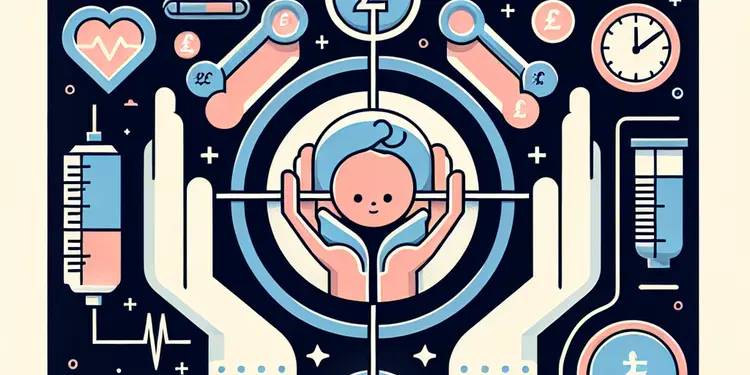
What are the signs of meningitis in infants?
Relevance: 30%
-

What are the signs of heat exhaustion?
Relevance: 30%
-

What is bronchiolitis in children? The symptoms, warning signs and when to seek medical help
Relevance: 29%
-

What are some signs of heat exhaustion?
Relevance: 28%
-

What are the signs of autism?
Relevance: 28%
-

What is the first sign of Lyme disease?
Relevance: 27%
-

What are the signs that my relationship is making me depressed?
Relevance: 27%
-
What are the early warning signs of an eating disorder?
Relevance: 26%
-
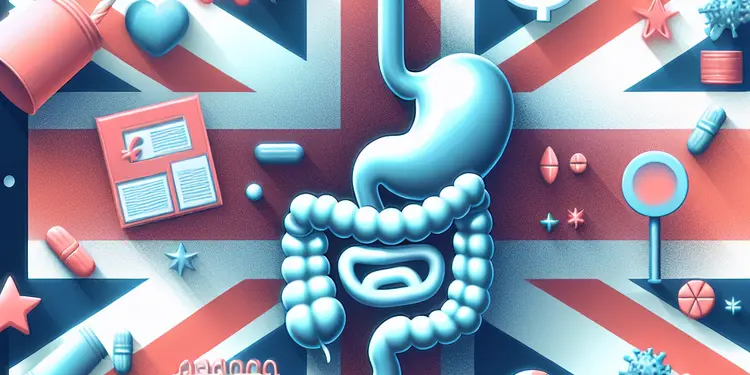
What are some signs of poor gut health?
Relevance: 25%
-

What are the symptoms of sunburn?
Relevance: 25%
-
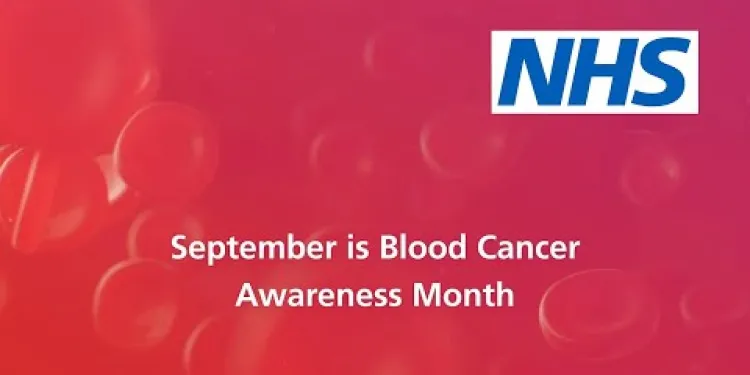
4 facts about blood cancer that you should know | NHS
Relevance: 25%
-

What are the symptoms of chickenpox?
Relevance: 25%
-

What are the signs of early cognitive decline related to menopause?
Relevance: 25%
-
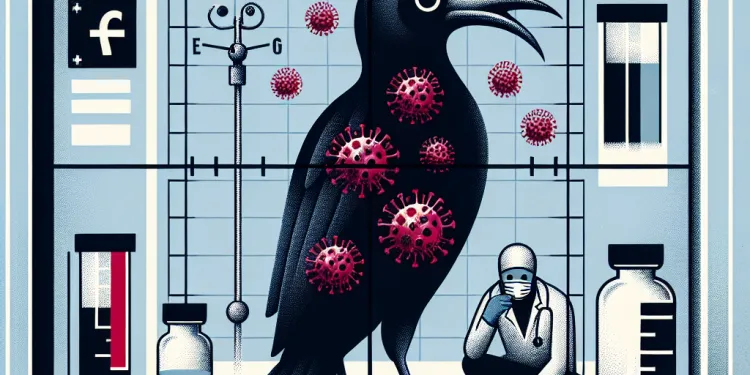
What are the symptoms of the bubonic plague?
Relevance: 24%
-

What are the symptoms of measles?
Relevance: 24%
-
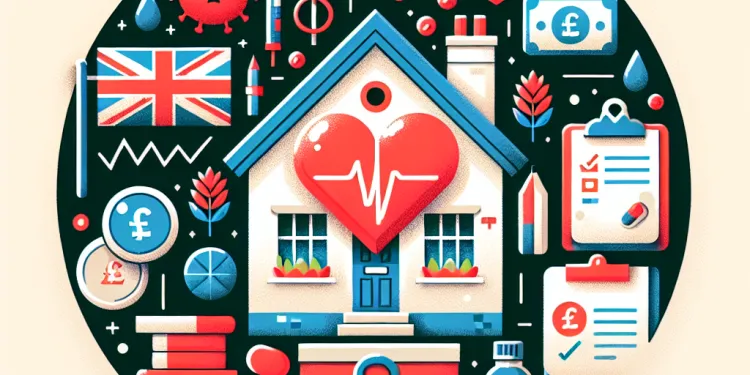
What are the symptoms of shingles?
Relevance: 24%
-

Is snoring always a sign of sleep apnea?
Relevance: 24%
-

What are the symptoms of tooth decay?
Relevance: 24%
-

What are the symptoms of testicular cancer?
Relevance: 24%
-

What are the symptoms of measles?
Relevance: 24%
-

7 Signs Your Relationship is Making You Depressed
Relevance: 24%
-
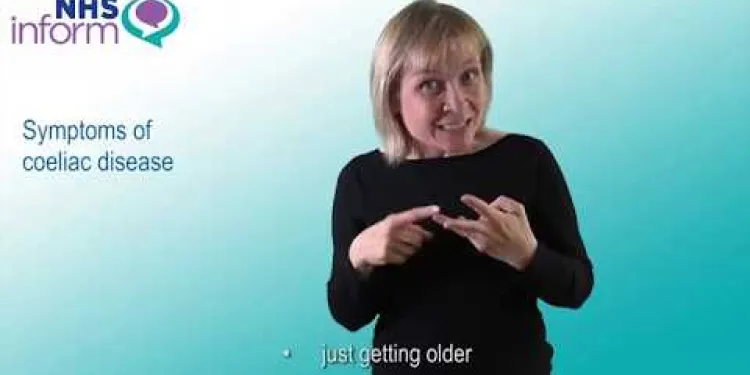
Symptoms of coeliac disease
Relevance: 24%
-

How do you sign up for the Postcode Lottery?
Relevance: 24%
-
What are common symptoms of eating disorders?
Relevance: 24%
-

Can tinnitus be a sign of hearing damage?
Relevance: 24%
-
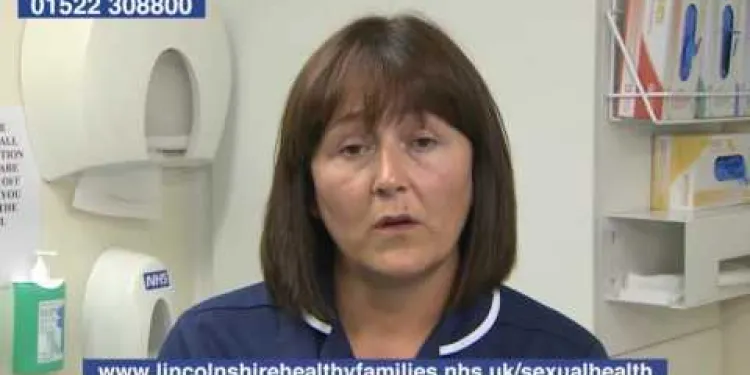
The symptoms of gonorrhoea
Relevance: 24%
-
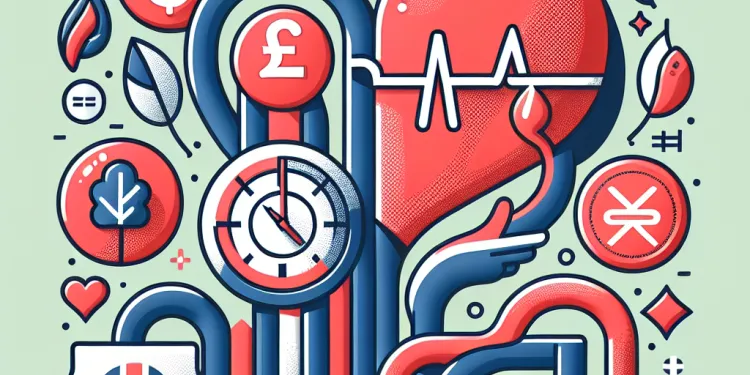
What are the symptoms of arterial thrombosis?
Relevance: 24%
-
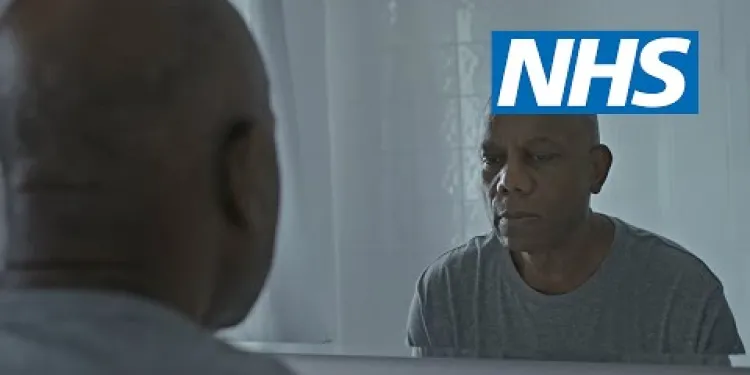
Worried about signs that could be cancer? Contact your GP practice | NHS
Relevance: 24%
-

What are the main symptoms of ADHD?
Relevance: 24%
-

What are common symptoms of meningitis?
Relevance: 23%
-

What are the signs of honour based abuse?
Relevance: 23%
Signs and symptoms of leukaemia
Leukemia is a type of cancer that affects the blood and bone marrow, leading to the overproduction of abnormal white blood cells. Symptoms of leukemia can vary depending on the type of leukemia, the stage of the disease, and individual factors. Here are some common symptoms:
- Fatigue: Persistent tiredness or weakness that doesn't improve with rest.
- Frequent infections: Increased susceptibility to infections due to a weakened immune system.
- Unexplained weight loss: Significant and unexplained weight loss over a short period.
- Fever or chills: Recurrent fever or chills without any apparent cause.
- Easy bruising or bleeding: Excessive bruising, prolonged bleeding from minor cuts, or frequent nosebleeds.
- Pale skin: Skin may appear paler than usual due to anemia caused by a low red blood cell count.
- Shortness of breath: Difficulty breathing or shortness of breath, especially during physical activity.
- Enlarged lymph nodes: Swollen lymph nodes in the neck, armpits, or groin.
- Swollen abdomen or spleen: Enlargement of the abdomen or spleen, which may cause discomfort or a feeling of fullness.
- Bone pain or tenderness: Pain or tenderness in the bones, joints, or abdomen.
- Headaches: Persistent or severe headaches, sometimes accompanied by vision problems.
- Night sweats: Profuse sweating, particularly at night, unrelated to temperature or activity level.
- Frequent urination: Increased need to urinate, especially at night.
- Difficulty concentrating or memory problems: Cognitive difficulties such as trouble concentrating, memory loss, or confusion.
- Rash or spots: Unexplained rash, tiny red spots (petechiae), or purplish patches (ecchymosis) on the skin.
It's important to note that these symptoms can also be caused by other medical conditions, so if you experience any of these symptoms, it's essential to see a healthcare professional for a proper evaluation and diagnosis. Additionally, leukemia can sometimes be present without causing any noticeable symptoms, especially in the early stages, which underscores the importance of regular medical check-ups and screenings.
Leukaemia: Signs and Symptoms
Understanding Leukaemia
Leukaemia is a type of cancer that affects the blood and bone marrow, the spongy tissue inside bones where blood cells are produced. It leads to the production of abnormal white blood cells, which can crowd out normal blood cells and impede their function. This information is intended for readers in the United Kingdom with guidance from the NHS.
Common Signs and Symptoms
The signs and symptoms of leukaemia can vary depending on the type and stage of the disease. Here are some common indicators:
Fatigue and Weakness
Persistent fatigue and general weakness are common symptoms of leukaemia. These symptoms arise because the body’s ability to produce healthy red blood cells is hampered, leading to anaemia.
Frequent Infections
Leukaemia can impair the immune system. Individuals may notice they are getting more frequent or severe infections, such as frequent fevers, colds, or respiratory infections.
Unexplained Bruising and Bleeding
Easy bruising, frequent nosebleeds, bleeding gums, or petechiae (small red or purple spots on the skin) can be signs of leukaemia due to a reduced number of platelets, which are essential for blood clotting.
Swollen Lymph Nodes
Swelling of the lymph nodes, typically in the neck, armpit, or groin, can be a sign. This swelling is generally painless.
Bone and Joint Pain
Some people with leukaemia may experience pain or tenderness in bones or joints due to the overcrowding of abnormal cells in the bone marrow.
Night Sweats and Fever
Persistent night sweats and unexplained fevers are also common symptoms. These symptoms can be linked to the body’s response to the cancer cells.
Unintended Weight Loss
A significant and unexplained weight loss can be a sign of leukaemia. The body uses more energy than usual fight the disease, leading to weight loss.
When to Seek Medical Advice
If you have several symptoms of leukaemia or any concerns about your health, it’s crucial to seek medical advice. Early diagnosis and treatment are essential for the best outcomes.
Conclusion
Recognising the signs and symptoms of leukaemia can help in early detection and treatment. For more information or if you have concerns, consult with a healthcare professional or visit the NHS website.
Signs and Symptoms of Leukaemia
Leukaemia is a kind of cancer that affects the blood. It starts in the bone marrow, where blood is made. In leukaemia, there are too many abnormal white blood cells. These cells are not healthy and cannot fight infections well. Here are signs that might show leukaemia:
- Tiredness: Feeling very tired or weak all the time, even after a good rest.
- Getting Sick Often: Catching infections more easily because the body can't fight germs well.
- Losing Weight: Losing a lot of weight without trying to.
- Fever or Chills: Having a high temperature or feeling cold, without knowing why.
- Bruises or Bleeding: Bruising easily or bleeding a lot from small cuts. You might also have nosebleeds often.
- Pale Skin: Skin looking very pale because of fewer red blood cells.
- Breathing Problems: Finding it hard to breathe, especially when running or playing.
- Swollen Lumps: Lumps in the neck, underarms, or groin that are bigger than usual.
- Big Belly or Spleen: Swelling in the belly or a big spleen which might make you feel full or uncomfortable.
- Bone Pain: Hurting in the bones, joints, or stomach.
- Headaches: Having bad headaches a lot, sometimes with vision trouble.
- Night Sweats: Sweating a lot at night without a reason.
- Waking Up to Pee: Needing to urinate a lot, especially at night.
- Focus or Memory Issues: Finding it hard to pay attention or remember things.
- Skin Spots or Rash: Unusual rash, tiny red spots, or purple patches on the skin.
These signs can also happen with other illnesses. If you notice any of these, it's important to talk to a doctor. Sometimes leukaemia does not show any signs, especially at first. This is why seeing a doctor regularly for check-ups is important.
Leukaemia: Signs and Symptoms
What is Leukaemia?
Leukaemia is a kind of cancer. It affects your blood and the inside part of your bones where blood cells are made. It makes bad white blood cells that can stop your blood from working properly. This information is for people in the UK and follows NHS advice.
Common Signs and Symptoms
Leukaemia can have different signs and symptoms. These are some common ones:
Tiredness and Weakness
Feeling very tired and weak is common with leukaemia. This happens because you might not have enough healthy red blood cells. This is called anaemia.
Getting Sick Often
Leukaemia can make it harder for your body to fight germs. You might get sick more often with fevers, colds, or infections.
Bruises and Bleeding
You might get bruises easily, have nosebleeds, bleeding gums, or little red spots on your skin. This is because of low platelets, which help your blood clot.
Swollen Lymph Nodes
You might see swelling in your neck, armpit, or groin. This swelling usually doesn't hurt.
Pain in Bones and Joints
You might have pain in your bones or joints. This happens because of the bad cells filling up in the bone marrow.
Night Sweats and Fever
You might sweat a lot at night or have fevers that don't go away. This is how your body reacts to the cancer.
Weight Loss
You might lose weight without trying. Your body uses a lot of energy to fight the disease.
When to See a Doctor
If you have some of these symptoms or are worried about your health, it's important to see a doctor. Finding leukaemia early is important.
Conclusion
Knowing the signs can help catch leukaemia early. If you are worried, talk to a doctor or check the NHS website for more information.
Frequently Asked Questions
What are the most common signs and symptoms of leukaemia?
The most common signs and symptoms of leukaemia include fatigue, frequent infections, unexplained weight loss, easy bruising or bleeding, swollen lymph nodes, and night sweats.
Is unexplained weight loss a symptom of leukaemia?
Yes, unexplained weight loss is one of the symptoms that may indicate leukaemia.
Can frequent infections be a sign of leukaemia?
Yes, frequent infections can be a sign of leukaemia due to the weakened immune system.
What causes easy bruising or bleeding in leukaemia patients?
Easy bruising or bleeding occurs due to a low platelet count, which is a characteristic of leukaemia.
Are swollen lymph nodes associated with leukaemia?
Yes, swollen lymph nodes can be a symptom of leukaemia.
Is fatigue a common symptom of leukaemia?
Fatigue is indeed a common symptom experienced by leukaemia patients.
What role does anaemia play in leukaemia symptoms?
Anaemia, characterized by a low red blood cell count, often leads to symptoms like fatigue and breathlessness in leukaemia patients.
Can night sweats be an indication of leukaemia?
Yes, night sweats are one of the symptoms that may be associated with leukaemia.
What does a high white blood cell count signify in leukaemia?
A high white blood cell count can indicate the presence of leukaemia, as the disease often leads to the overproduction of abnormal white blood cells.
Are joint and bone pains related to leukaemia?
Yes, joint and bone pains are common symptoms of leukaemia due to the abnormal white blood cells accumulating in the bone marrow.
Is there a connection between leukaemia and unexplained fever?
Unexplained fevers can be a symptom of leukaemia due to infections or the body's response to the cancer.
Can leukaemia cause shortness of breath?
Yes, leukaemia can cause shortness of breath, particularly if anaemia is present.
Does leukaemia affect both children and adults?
Leukaemia affects both children and adults, although certain types are more common in different age groups.
Are there specific signs of leukaemia in children?
In children, signs of leukaemia can include pale skin, lethargy, frequent infections, and unusual bleeding or bruising.
How important is it to see a GP if experiencing symptoms of leukaemia?
It is very important to see a GP if you experience symptoms of leukaemia. Early diagnosis and treatment are crucial for better outcomes.
What are the common signs of leukaemia?
Leukaemia is a type of cancer in the blood. Here are some signs to look out for:
- Feeling very tired
- Getting bruises easily
- Bleeding a lot, even from small cuts
- Getting sick often
- Fever
- Bones or stomach hurting
- Swelling in the neck or underarms
If you spot these signs, it's important to see a doctor. You can also ask for help from a family member or friend.
Here are the most common signs of leukaemia:
- Feeling very tired
- Getting sick a lot
- Losing weight without trying
- Bruising or bleeding easily
- Swollen bumps in your neck, armpits, or groin
- Night sweats
If you have trouble understanding, you can ask someone you trust to explain it or use a tool like a dictionary.
Can losing weight without trying be a sign of leukaemia?
Sometimes, people lose weight even if they are not trying to. This can happen because of an illness.
Leukaemia is a type of cancer. It can make people lose weight without trying.
If you are losing weight and don’t know why, it's important to talk to a doctor.
The doctor can help find out what's happening.
You can use tools like pictures or ask someone you trust to help understand more about your health.
Yes, losing weight without trying can be a sign of leukaemia.
Do you get sick a lot? Could it mean leukaemia?
If you get sick often, it might be a sign of a blood disease called leukaemia. Leukaemia affects the cells that fight germs in our body.
If you're unsure, it’s important to talk to a doctor. They can help you understand what's going on.
It can also help to:
- Write down how often you get sick.
- Ask someone to go to the doctor with you.
- Use simple words and ask the doctor to explain things clearly.
Yes, getting sick a lot can mean leukaemia. This is because the body's defense system is weak.
Why do people with leukaemia get bruises or bleed easily?
People with leukaemia might get bruises or bleed easily because their blood isn't working right. Our blood helps stop bruises or bleeding by making clots. In leukaemia, the blood can't make enough clots.
It's important to tell a doctor if you see lots of bruises or if bleeding doesn't stop. They can help you feel better.
To stay safe, wear protective gear when playing or doing sports. Tell an adult if you get a bruise or start bleeding.
Sometimes, people with leukaemia get bruises or bleed easily. This happens because they have fewer platelets. Platelets are tiny cells in our blood that help stop bleeding.
Can swollen lumps in your neck, armpit, or groin mean leukaemia?
Sometimes, having swollen lumps in these areas can be linked to a blood cancer called leukaemia. But swollen lumps can also happen for other reasons, like when you have a cold or an infection.
If you are worried or if the lumps do not go away, it’s important to tell a grown-up or see a doctor. They can help check what’s wrong.
Using a picture or a drawing can help make this easier to understand. You can also ask someone you trust to read this with you and explain it.
Yes, swollen lymph nodes can be a sign of blood cancer.
If you find it hard to understand, you can ask someone to read with you. You can also use a text-to-speech tool to hear the words out loud. These can help you understand better.
Is feeling very tired normal if you have leukaemia?
Feeling very tired is something many people with leukaemia go through.
How does anaemia affect leukaemia symptoms?
Anaemia is when you don't have enough red blood cells to carry oxygen around your body. This can make you feel tired and weak.
Leukaemia is a type of cancer that affects your blood and bone marrow. It can stop your body from making the right amount of healthy blood cells.
If you have leukaemia, you might also have anaemia. This can make leukaemia symptoms worse.
You might feel very tired, dizzy, or short of breath. It is important to talk to a doctor for help.
To make reading easier, you can use tools that read text out loud or highlight words as you read.
Anaemia means having fewer red blood cells than normal. This can make people feel very tired and out of breath, especially if they have a sickness like leukaemia.
Here are some ways to help understand:
- Use short sentences.
- Look at pictures that explain the words.
- Ask someone you trust to read with you.
Do night sweats mean you might have leukaemia?
Sometimes, sweating a lot at night can be a sign of a health problem.
If you sweat a lot while you sleep, it is a good idea to talk to a doctor. They can help find out what's going on.
Using a fan or wearing light clothes can help you stay cool at night.
If you are worried, it's okay to ask someone for help. Talking to someone you trust or a doctor can be really helpful.
Yes, sometimes people with a sickness called leukaemia get very sweaty at night. This is called night sweats.
What does a high white blood cell count mean in leukaemia?
When you have leukaemia, your body makes too many white blood cells. This is called a "high white blood cell count." White blood cells help your body fight germs and stay healthy, but too many can be a sign of leukaemia.
Here are some things that might help you understand better:
- Pictures or Videos: Look at pictures or watch videos about white blood cells and leukaemia.
- Speak to a Doctor: Talk with a doctor or nurse to learn more.
- Ask Questions: If something is confusing, ask questions to make it clearer.
If there are too many white blood cells in the body, it could mean someone has leukaemia. This is a sickness where the body makes too many white blood cells that are not normal.
Do leukaemia and bone and joint pain go together?
Yes, people with leukaemia often feel joint and bone pain. This happens because there are too many white blood cells in the bone marrow.
Can leukaemia cause a fever with no clear reason?
Leukaemia is a type of blood cancer. Sometimes, people with leukaemia can have a fever that doctors can't explain. This can happen because leukaemia affects how the blood works.
If you or someone you know has a fever and is worried, it's important to talk to a doctor. They can help figure out what might be wrong.
For help reading, you can use a tool that reads text out loud. Ask someone to help you if you find it hard to understand.
Sometimes, people get fevers and doctors don't know why. This can happen when someone has leukaemia, which is a type of blood cancer. The fever might be because of an infection or because the body is fighting the cancer.
Can leukaemia make it hard to breathe?
Yes, leukaemia can make you feel out of breath. This happens because leukaemia affects your blood.
Here are some tips to help:
- Talk to a doctor if you feel out of breath.
- Try to rest when you can.
- Use simple breathing exercises to help you relax.
- Ask someone to go to doctors' appointments with you for support.
Yes, leukaemia can make it hard to breathe, especially if you have anaemia.
Can children and grown-ups get leukaemia?
Leukaemia is a type of cancer. It can happen to children and adults. Some types of leukaemia are more common in kids. Other types are seen more in adults.
Help and Support:
- You can ask a doctor if you need more information.
- Easy-to-read books or videos can help you learn more.
- Talking to someone who listens can also be helpful.
What are the signs of leukaemia in children?
In children, signs of leukaemia can be:
- Skin is very pale.
- Feeling very tired all the time.
- Getting sick a lot.
- Bleeding or bruising easily.
Using picture books or videos can help children understand these signs better.
Why is it important to see a doctor if you have signs of leukaemia?
If you feel sick and have signs of leukaemia, it is very important to see a doctor. A doctor can help you. They know what to do. Seeing a doctor can make you feel better faster.
Here are some things to help you:
- Tell someone you trust if you feel sick, like a parent or a friend.
- Write down how you feel. This can help you remember what to tell the doctor.
- Use pictures and simple words when you talk about how you feel.
If you feel sick and think you might have leukaemia, go see a doctor. Seeing the doctor early can help you get better faster.
Useful Links
This website offers general information and is not a substitute for professional advice.
Always seek guidance from qualified professionals.
If you have any medical concerns or need urgent help, contact a healthcare professional or emergency services immediately.
- Ergsy carfully checks the information in the videos we provide here.
- Videos shown by Youtube after a video has completed, have NOT been reviewed by ERGSY.
- To view, click the arrow in centre of video.
- Most of the videos you find here will have subtitles and/or closed captions available.
- You may need to turn these on, and choose your preferred language.
- Go to the video you'd like to watch.
- If closed captions (CC) are available, settings will be visible on the bottom right of the video player.
- To turn on Captions, click settings .
- To turn off Captions, click settings again.
More Items From Ergsy search
-

Leukaemia: What are the signs and symptoms? | NHS
Relevance: 100%
-

An Interview With JC About His Leukemia And His Leukemia Treatment
Relevance: 62%
-

Dyspraxia Symptoms & Signs
Relevance: 41%
-

Dyspraxia Symptoms & Signs
Relevance: 40%
-

About Breast cancer - signs and symptoms | NHS
Relevance: 38%
-

An Introduction to Decompression Illness: Signs & Symptoms”. Dr Roland Armes
Relevance: 36%
-

Bowel cancer - Symptoms and signs to look out for
Relevance: 35%
-

Ovarian cancer - signs and symptoms to look out for
Relevance: 35%
-

Type 2 diabetes - common signs and symptoms UHL NHS Trust
Relevance: 31%
-

What are the signs of meningitis in infants?
Relevance: 30%
-

What are the signs of heat exhaustion?
Relevance: 30%
-

What is bronchiolitis in children? The symptoms, warning signs and when to seek medical help
Relevance: 29%
-

What are some signs of heat exhaustion?
Relevance: 28%
-

What are the signs of autism?
Relevance: 28%
-

What is the first sign of Lyme disease?
Relevance: 27%
-

What are the signs that my relationship is making me depressed?
Relevance: 27%
-
What are the early warning signs of an eating disorder?
Relevance: 26%
-

What are some signs of poor gut health?
Relevance: 25%
-

What are the symptoms of sunburn?
Relevance: 25%
-

4 facts about blood cancer that you should know | NHS
Relevance: 25%
-

What are the symptoms of chickenpox?
Relevance: 25%
-

What are the signs of early cognitive decline related to menopause?
Relevance: 25%
-

What are the symptoms of the bubonic plague?
Relevance: 24%
-

What are the symptoms of measles?
Relevance: 24%
-

What are the symptoms of shingles?
Relevance: 24%
-

Is snoring always a sign of sleep apnea?
Relevance: 24%
-

What are the symptoms of tooth decay?
Relevance: 24%
-

What are the symptoms of testicular cancer?
Relevance: 24%
-

What are the symptoms of measles?
Relevance: 24%
-

7 Signs Your Relationship is Making You Depressed
Relevance: 24%
-

Symptoms of coeliac disease
Relevance: 24%
-

How do you sign up for the Postcode Lottery?
Relevance: 24%
-
What are common symptoms of eating disorders?
Relevance: 24%
-

Can tinnitus be a sign of hearing damage?
Relevance: 24%
-

The symptoms of gonorrhoea
Relevance: 24%
-

What are the symptoms of arterial thrombosis?
Relevance: 24%
-

Worried about signs that could be cancer? Contact your GP practice | NHS
Relevance: 24%
-

What are the main symptoms of ADHD?
Relevance: 24%
-

What are common symptoms of meningitis?
Relevance: 23%
-

What are the signs of honour based abuse?
Relevance: 23%


